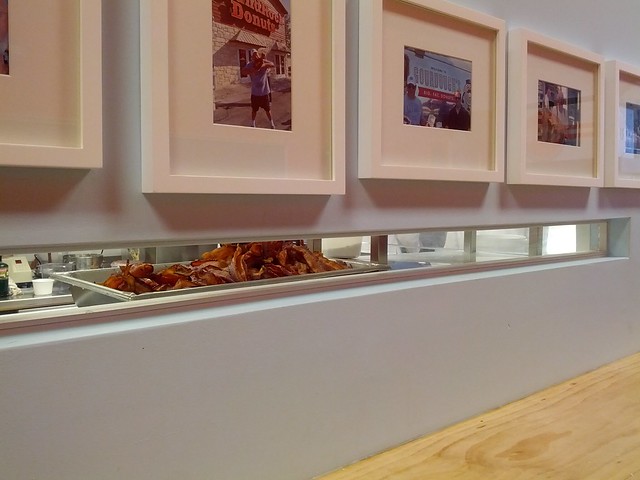![logo_500x500[1]](http://www.hiddenpeanuts.com/wp-content/uploads/2015/09/logo_500x5001-150x150.png) Tomorrow afternoon I’ll be doing a webinar with some of my co-authors in the Library Technology Essentials series. I’ve got 6 minutes and 40 seconds to talk about why I love WordPress and what’s covered in my book, Pecha Kucha style. This is my first time presenting in this format, and I’m extremely excited about it.
Tomorrow afternoon I’ll be doing a webinar with some of my co-authors in the Library Technology Essentials series. I’ve got 6 minutes and 40 seconds to talk about why I love WordPress and what’s covered in my book, Pecha Kucha style. This is my first time presenting in this format, and I’m extremely excited about it.
Because the format doesn’t leave much time or space for links, here’s a list of things I mention in my slides:
- We moved the UNC Libraries website into WordPress in 2013.
- WordPress.com is the hosted version that you can play around with very quickly, with free basic service.
- WordPress.org is the free as in kittens version of the software – you have to provide your own server, or pay someone like wpengine.com to run a server for you.
- The WordPress Theme Directory is massive. Make sure to pick a responsive option!
- I can’t say enough good things about WordPress’ shortcodes feature.
- Jackson District Library in Jackson County, MI uses WordPress.
- The Vermont Library Association does too.
- Durham County Library in NC uses WordPress for both their main site and their summer reading program.
- The WordPress plugin directory has more than 40,000 plugins.
- Formidable is a great plugin for building forms.
- Akismet is an essential plugin, it’ll keep your comment spam-free.
- Media Library Assistant enhances media management options, one of WP’s weaknesses.
- The Hours of Operation plugin our developers wrote is available for free!
- Last but not least, here’s my book on Amazon 🙂


![logo[1] edui logo](http://www.hiddenpeanuts.com/wp-content/uploads/2012/09/logo1.png)
![xEoOY[1]](http://www.hiddenpeanuts.com/wp-content/uploads/2012/09/xEoOY1-300x274.png)
